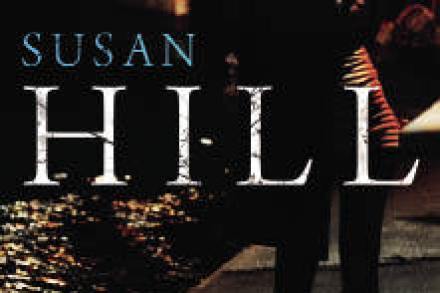A seamless whole
This short memoir deserves a longer review than this, encompassing, as it does, migration, intellectual excellence, a successful professional life, two marriages, children and an honesty and contentment not usually found in close proximity. Miriam Gross (née May), with a Jewish legal background (both her parents, who left Nazi Germany in 1933, were lawyers), was






